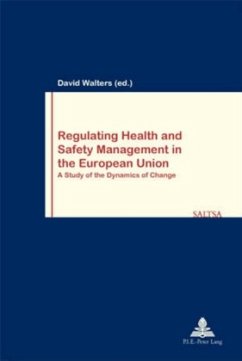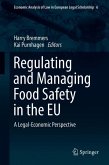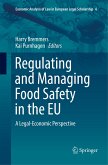In the face of the challenge of economic competition in increasingly globalised markets, regulating the management of occupational risk is a central aspect of strategies for both social protection and employability in the European Union. The analysis of the supports and constraints to its development and implementation is therefore of fundamental importance in understanding the significance of the role of regulation in the changing world of work in the European Union today.
The EU Framework Directive 89/391 was an important milestone in the shift from prescriptive to more process based forms of health and safety regulation in the EU. In this book the origins and development of this approach are traced in several European countries and the impact of the Framework Directive on the process and dynamics of change is analysed. The book shows how economic, political, technical and regulatory structures, cultures and practices influenced, filtered and formed national reception, transposition and implementation of the Directive. It highlights both the strengths and weaknesses of process regulation and helps to explain variation in its operation.
The EU Framework Directive 89/391 was an important milestone in the shift from prescriptive to more process based forms of health and safety regulation in the EU. In this book the origins and development of this approach are traced in several European countries and the impact of the Framework Directive on the process and dynamics of change is analysed. The book shows how economic, political, technical and regulatory structures, cultures and practices influenced, filtered and formed national reception, transposition and implementation of the Directive. It highlights both the strengths and weaknesses of process regulation and helps to explain variation in its operation.








